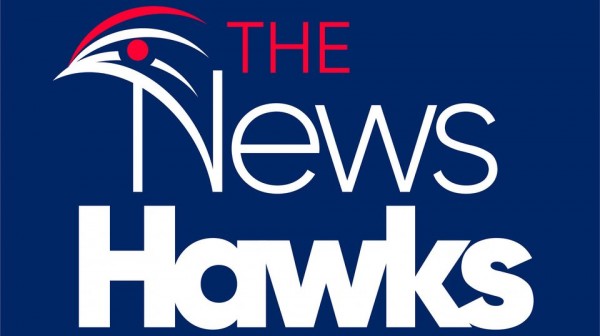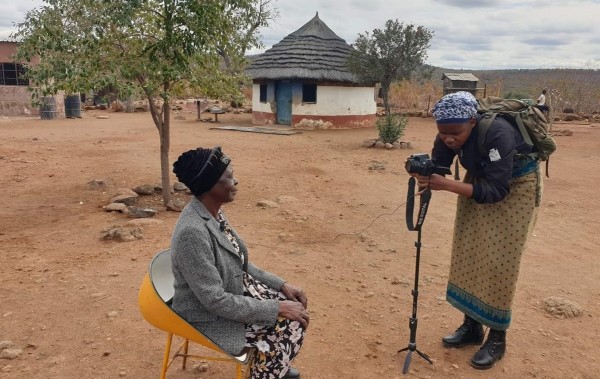His Excellency President Robert Mugabe
Office of the President
Causeway, Harare
Zimbabwe
Fax: +263 4 728 799 / 708 820 / 734 644
Vienna, 28 March 2002
Your Excellency,
The International Press Institute (IPI), the global network of editors, leading journalists and media executives condemns the arrest and overnight imprisonment of Peta Thornycroft, the Zimbabwean correspondent for Britain’s Daily Telegraph, the Johannesburg-based Mail and Guardian (M&G) and Business Day.
According to information provided to IPI, Thornycroft was arrested on the afternoon of 27 March in Chimanimani, east of Harare. The reporter had visited the locality in order to investigate stories of violence against the opposition Movement for Democratic Change. She was arrested by four police officers while sitting at a local café, barely two hours after having arrived in the area.
Subsequently, Thornycroft was taken to a local police station where she was held overnight. The journalist was charged with “publishing false statements likely to be prejudicial to state security ” and “incitement to public violence”. Despite the lack of information on the substance of the charges, both were made out under the Public Order and Security Act. She is the first journalist to be charged under this law which was enacted by parliament in January. If found guilty Thornycroft faces a possible two-year prison sentence.
Although originally born in Macclesfield, Cheshire, Thornycroft moved to Zimbabwe at an early age and holds Zimbabwean citizenship. She has been the Daily Telegraph’s Harare correspondent since July 2001. On 26 June 2001, the previous correspondent, David Blair, was told his temporary work permit would not be renewed and that he should leave the country. Responding to her arrest, Alec Russel, the Daily Telegraph’s foreign editor said, “Peta Thornycroft is an outstanding correspondent. The charges against her are without foundation and are the latest cynical act by a regime intent on crushing anyone who dares to question it”.
Enacted as a means to censor comment, particularly in the lead-up to the presidential elections, the Public Order and Security Act makes criticism of President Mugabe a criminal offence and subjects public gatherings to the whims of the police. In addition, the act provides the police with extensive powers of arrest and detention. When originally drafted, the law met with intense international criticism from a number of press freedom organisations who feared the law would suppress the independent media.
With regard to the arrest of Thornycroft, IPI believes that it is yet another attempt by the government of Zimbabwe to intimidate the independent media and hinder the free flow of information, thus preventing news from leaving the country.
On 27 March, a member of the IPI secretariat was invited to attend a press conference hosted by the Zimbabwean Ambassador and Permanent Representative to Vienna, His Excellency Tirivafi John Kangai,. At the press conference, Kangai told the assembled media that they were welcome to visit Zimbabwe in order to ascertain for themselves what was happening. IPI is saddened that the press conference occurred on the same day as the arrest of Thornycroft. A journalist who was attempting to follow the spirit of Kangai’s instructions.
In IPI’s belief, the government of Zimbabwe does not wish journalists to practice their profession unhindered and its express words fall far short of its deeds on this subject. Indeed, the government has gone to extreme lengths to create an environment in Zimbabwe which is intensely prejudicial to the independent media.
Bearing in mind the above, IPI invites the government of Zimbabwe to do everything possible to ensure that Thornycroft is released forthwith and that all charges against her are discontinued. Furthermore, IPI would ask the government to repeal the Public Order and Security Act. By doing so, Your Excellency will be guaranteeing freedom of expression and freedom of the media in Zimbabwe.
Best regards,
Johann P. Fritz
Director
Background Note:
Zimbabwe was placed on the IPI Watch List on 20 October 2001. In its press release IPI said, “[It] is deeply concerned at attempts to extinguish press freedom in the country against a background of government support for this activity and reluctance to prosecute offenders, restrictions imposed, or contemplated, by the government on the media, and the breakdown of the rule of law.”


